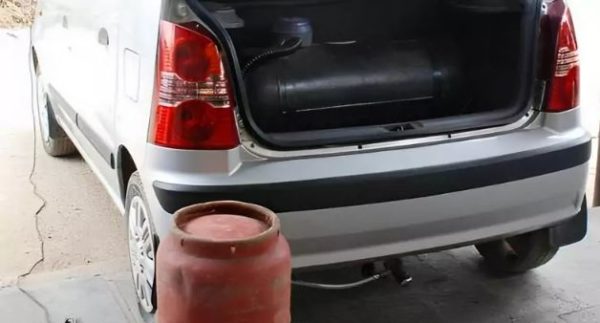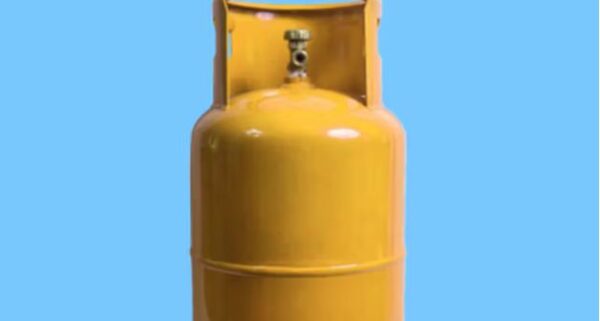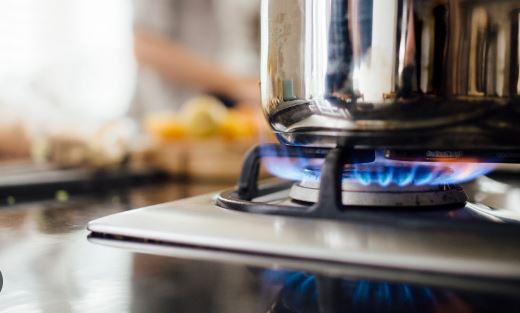Lifestyle
Why converting your car to run on cooking gas may be a bad idea

Amid the escalating fuel prices that have placed a heavy burden on motorists, there’s a growing trend among car owners to convert their vehicles to run on cooking gas.
This innovative approach involves harnessing Liquefied Petroleum Gas (LPG), commonly found in households for culinary purposes, to propel automobiles.
While this conversion method is touted for its potential cost savings, it’s crucial to recognise that it may not be the perfect solution for the country just yet.
Despite its economic advantages, there are certain drawbacks that need careful consideration.
1. Explosions
A significant concern linked to this emerging technology revolves around gas leakage. While petrol doesn’t pose a substantial leakage problem, it is relatively safe in this regard.
However, the situation takes a different turn with most gases, as they tend to be highly flammable, intensifying the risk associated with leaks.
2. Mechanical problems
When it comes to running vehicles on cooking gas, there’s a notable trade-off to consider.
Conventional petrol engines, designed for a specific compression ratio, may experience a loss in horsepower when using LPG (liquefied petroleum gas).
This is primarily due to the fact that these engines typically lack the necessary compression ratio to fully leverage the 110 RON (Research Octane Number) rating of LPG.
To achieve optimal efficiency and power output from LPG, an engine ideally requires a higher compression ratio, roughly around 12:1.
This difference in compression ratios can affect the overall performance of the vehicle when switching from petrol to LPG, highlighting one of the key factors to bear in mind when considering alternative fuel options.
3. Drop in resale value
Converting your car to run on alternative fuels like cooking gas could potentially have a significant impact on its resale value.
This is a factor worth considering because not all buyers may be interested in or have access to gas refueling options, which can limit the market appeal of the vehicle.
Consequently, the resale value may decrease significantly after the conversion, making it essential to weigh the long-term savings on fuel against the potential depreciation in the car’s worth.
4. Unreliable
Liquefied Petroleum Gas (LPG) is not as readily accessible as some other fuels, and vehicles that run on cooking gas are limited to refilling at designated points.
This can become quite troublesome, especially when you run out of gas, and the nearest refill station is not conveniently located. It can be a real source of stress and inconvenience for drivers.









